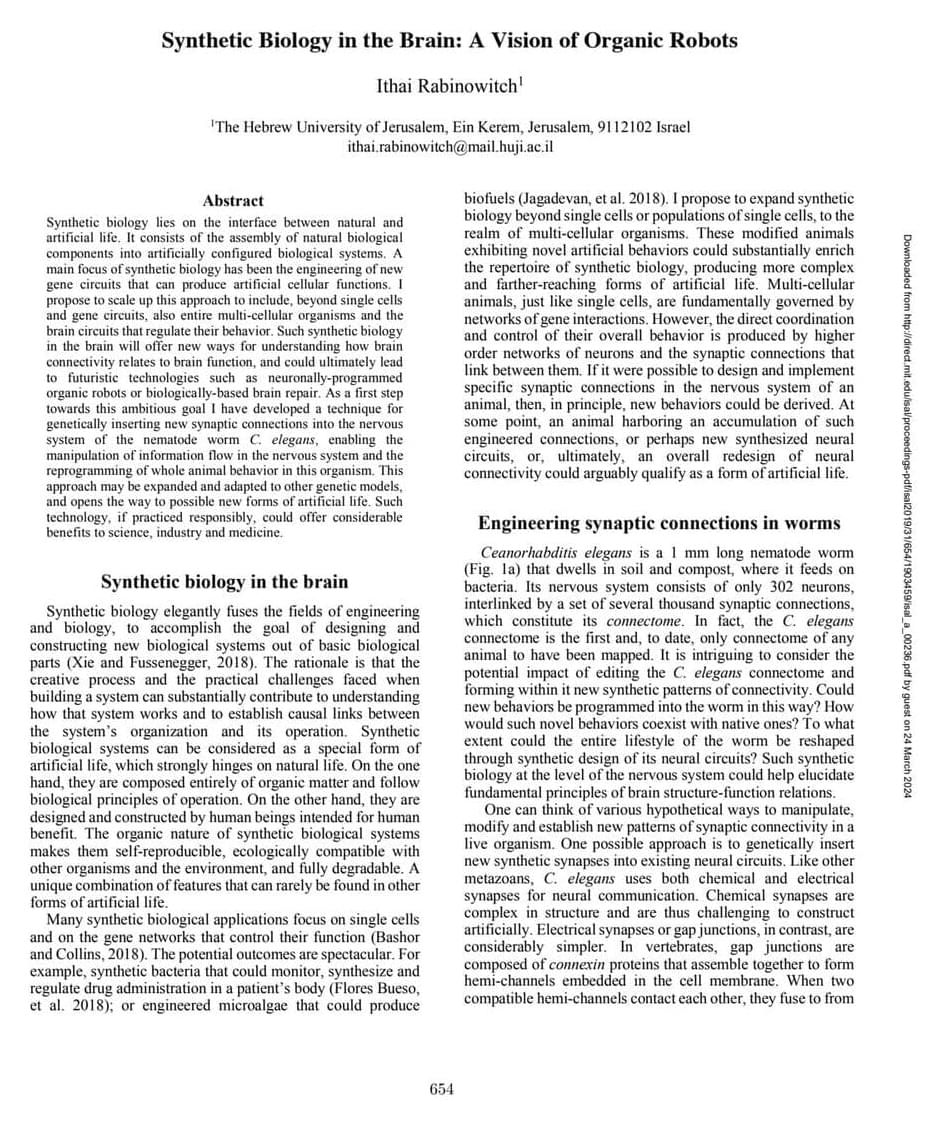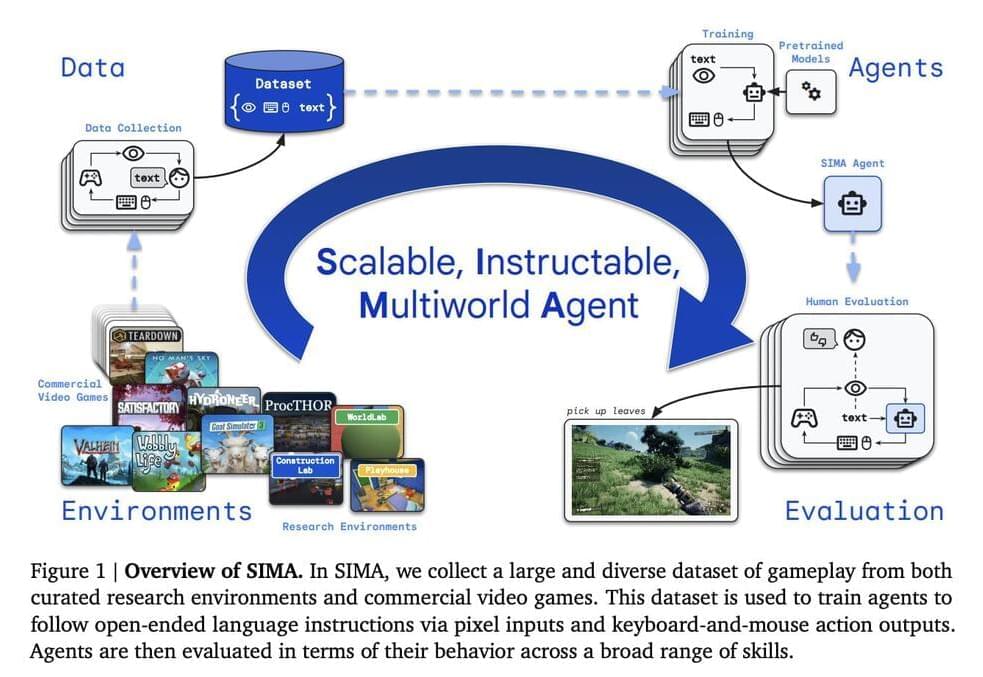Neuromorphic computing is an emerging solution for companies specializing in small, energy-efficient edge computing devices and robotics, striving to improve their products. There has been a paradigm shift in computing since the advent of neuromorphic chips. With the potential to unlock new levels of processing speed, energy efficiency, and adaptability, neuromorphic chips are here to stay. Industries from robotics to healthcare are exploring the potential of neuromorphic chips in various applications.
What is Neuromorphic Computing?
Neuromorphic computing is a field within computer science and engineering that draws inspiration from the structure and operation of the human brain. Its goal is to create computational systems, including custom hardware replicating the neural networks and synapses in biological brains. These custom computational systems are commonly known as neuromorphic chips or neuromorphic hardware.







